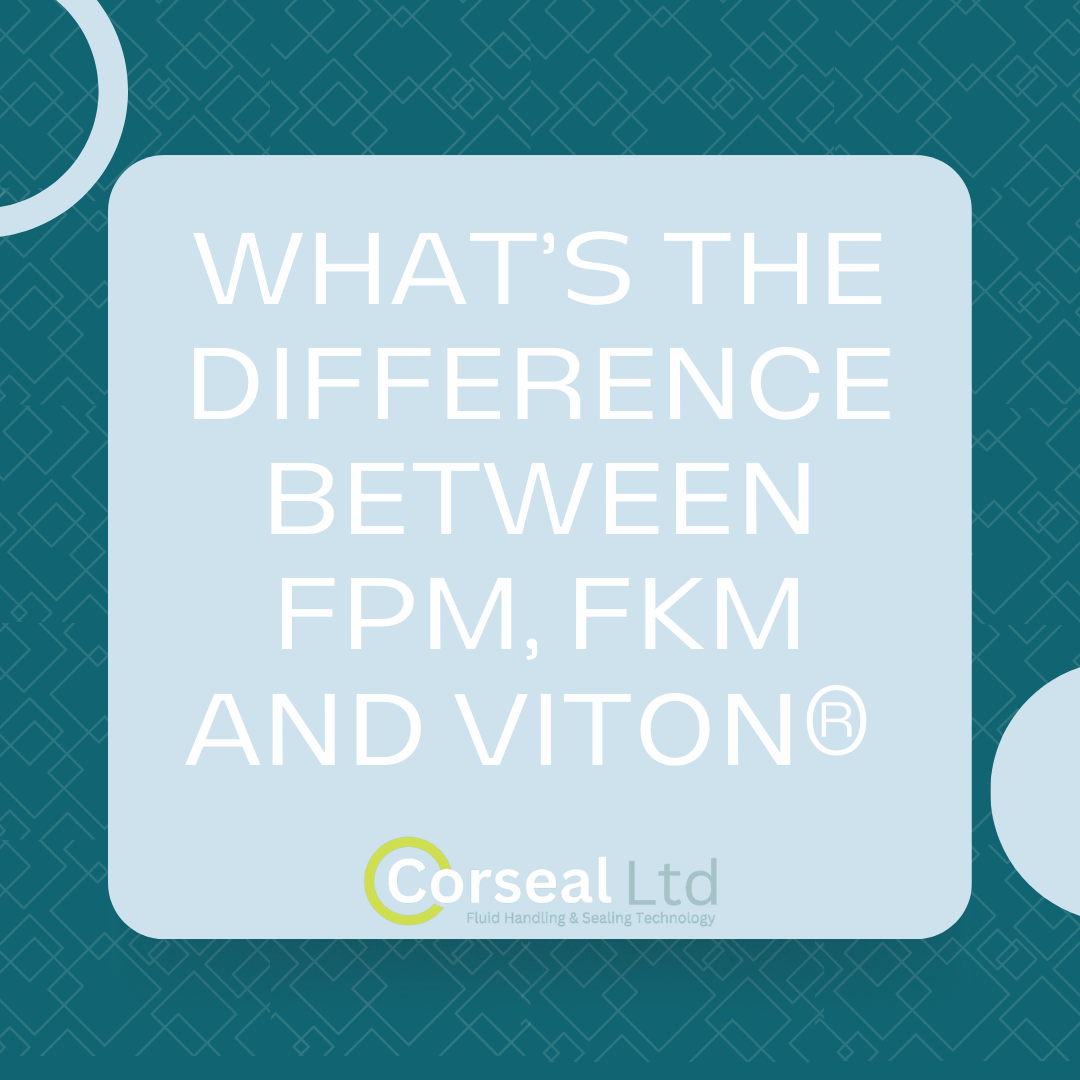
The Difference Between FPM, FKM and Viton®
Share
The distinction between FPM, FKM, and Viton® is an important consideration in the realm of elastomers, particularly for those involved in industries that demand high-performance sealing materials. FPM and FKM are two terms often used interchangeably, referring to fluoroelastomers. These are a class of synthetic rubber known for their remarkable resistance to heat, chemicals, and oil. Originating from the ISO standard, FPM is the designation given to this type of material, while FKM is the equivalent term used by ASTM standards. Despite the different nomenclatures, both FPM and FKM denote the same category of material.
Viton®, on the other hand, is a brand name under which DuPont (now Chemours) markets its own line of fluoroelastomers. Known for its exceptional performance characteristics, Viton® has become a benchmark in the industry. It is widely recognized for its ability to withstand extreme temperatures, ranging from -20°C to 205°C, and its superior resistance to aggressive chemicals, making it ideal for use in the automotive, aerospace, and oil and gas sectors.
To further illustrate the differences, consider that while all Viton® products are FKM, not all FKM materials are Viton®. Viton® fluoroelastomers often incorporate proprietary formulations that enhance their performance in specific applications. For instance, Viton® grades can offer improved mechanical properties, lower compression set, and enhanced resistance to permeation, which make them suitable for demanding environments where other FKM materials might not suffice.
In summary, understanding the distinctions between FPM, FKM, and Viton® is crucial for selecting the right material for specific applications. Whether you are dealing with high temperatures, aggressive chemicals, or require long-term durability, recognizing the capabilities of these fluoroelastomers can guide you to the most effective solution for your sealing needs.
